Net Lease Medical Properties With Better Tenants in Short Supply
Transaction volume increased by 6 percent over 2019 in the third quarter, according to Randy Blankstein of The Boulder Group.

Randy Blankstein
Cap rates in the third quarter of 2020 for the single-tenant net lease medical sector increased by five basis points to 6.50 percent when compared to the previous year.
The primary reason for the slight increase in cap rates for the net lease medical sector is the higher concentration of noninvestment grade tenants in the sector. In the third quarter of 2020, noninvestment grade tenanted properties made up 89 percent of the supply. Despite investor concerns surrounding the COVID-19 pandemic for the overall net lease sector, the net lease medical sector saw an uptick in transaction volume through the third quarter of 2020. When compared to 2019, transaction volume in the third quarter for the net lease medical sector increased by approximately 6 percent. Investor demand increased as medical-related assets are considered essential.
The net lease medical sector is priced at a significant discount to the overall net lease sector. In the third quarter, net lease medical properties were priced at a 28-basis-point discount to the overall net lease sector. Cap rates for properties with investment-grade-rated medical tenants, however, commanded a significant premium. In the third quarter of 2020, investment-grade-backed properties were priced at a 57-basis-point premium (5.93 percent cap rate) over the overall net lease sector.
Both private and institutional investors continue to seek investment opportunities within the single-tenant medical sector. Investment-grade medical tenants such as hospital-backed systems and Fresenius typically generate lower cap rates due to the increased demand from private and 1031 investors. As new brands emerge from the “medtail” sector, however, private investors have widened their acquisition criteria to include urgent care groups as higher yields can be achieved.
The single-tenant net lease medical sector will remain active as investors are attracted to the long-term outlook of the health-care sector and the increased need for conveniently located healthcare. As the impact of COVID-19 continues to evolve in the overall net lease sector, e-commerce resistant and essential businesses, including the medical sector, will be the biggest beneficiaries. Demand from both private/1031 exchange buyers as well as institutional investors will continue to target this asset class.
Randy Blankstein is president of net lease advisory firm The Boulder Group.


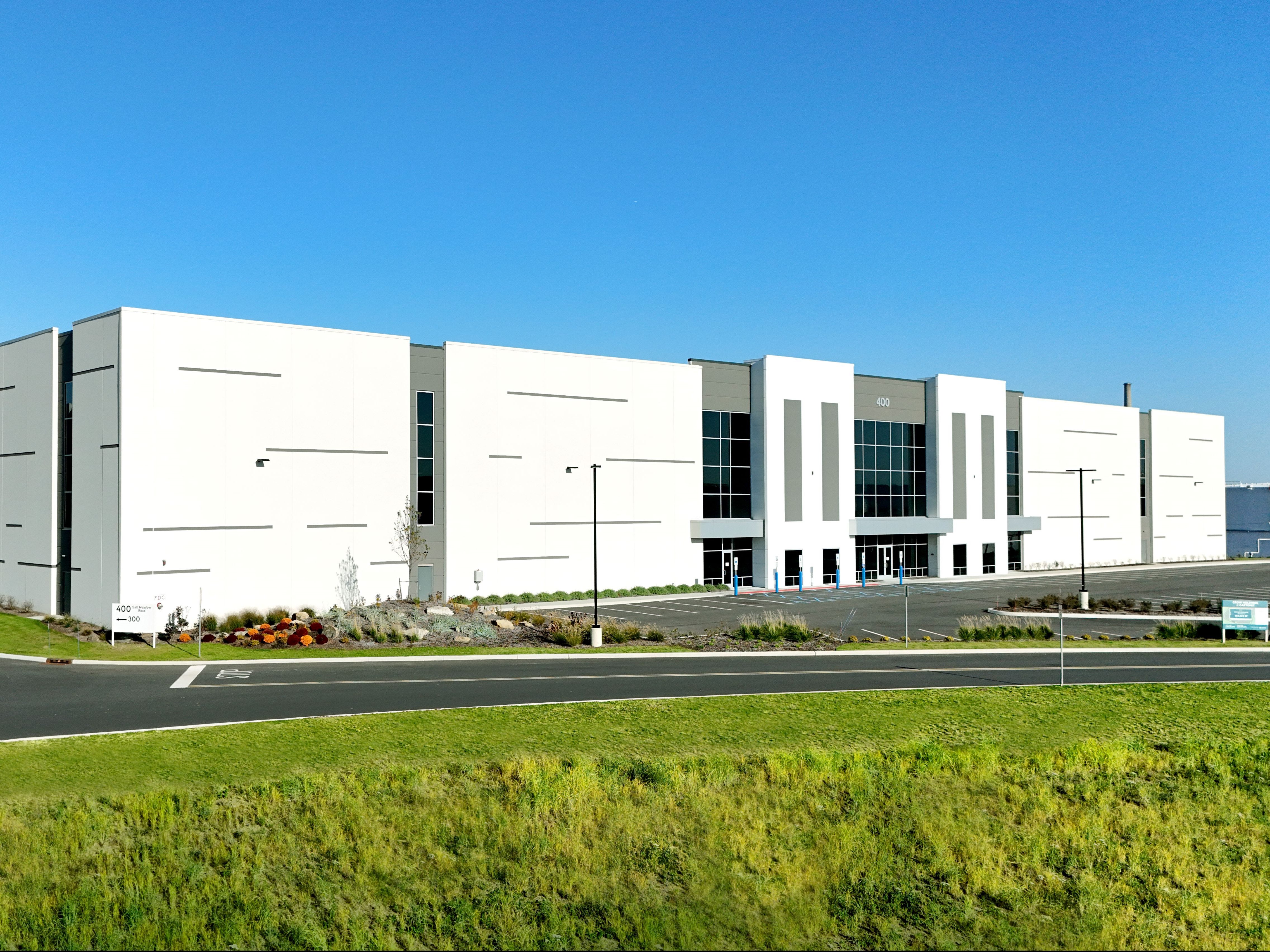
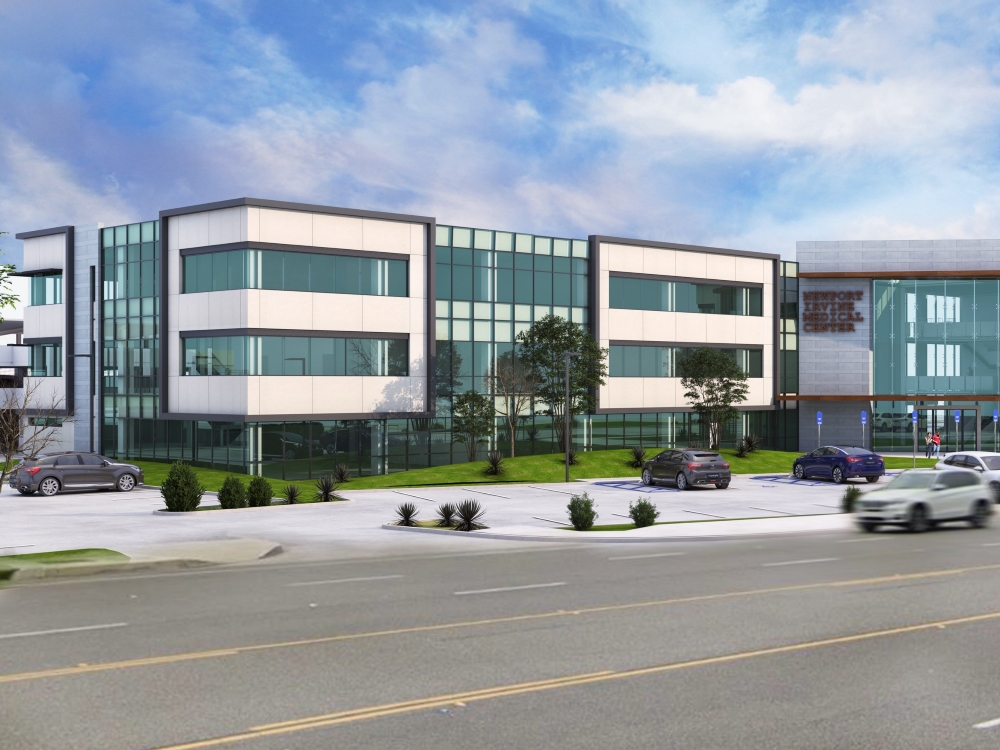
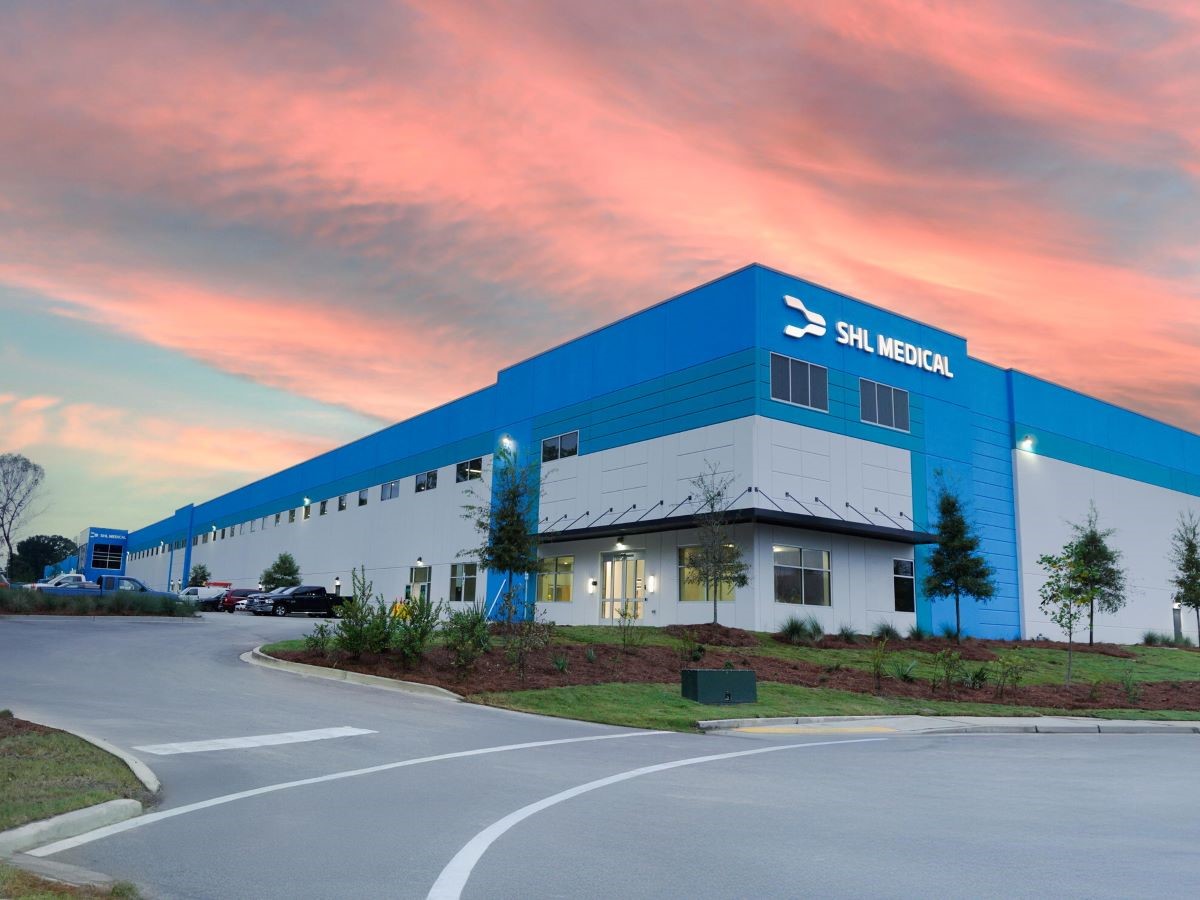
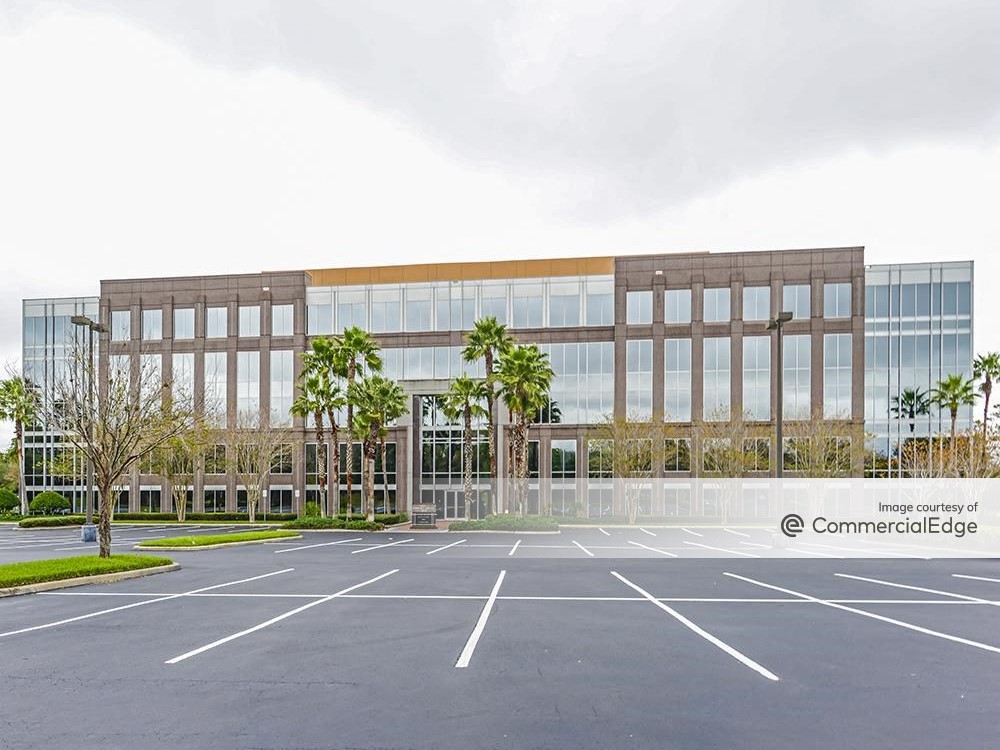
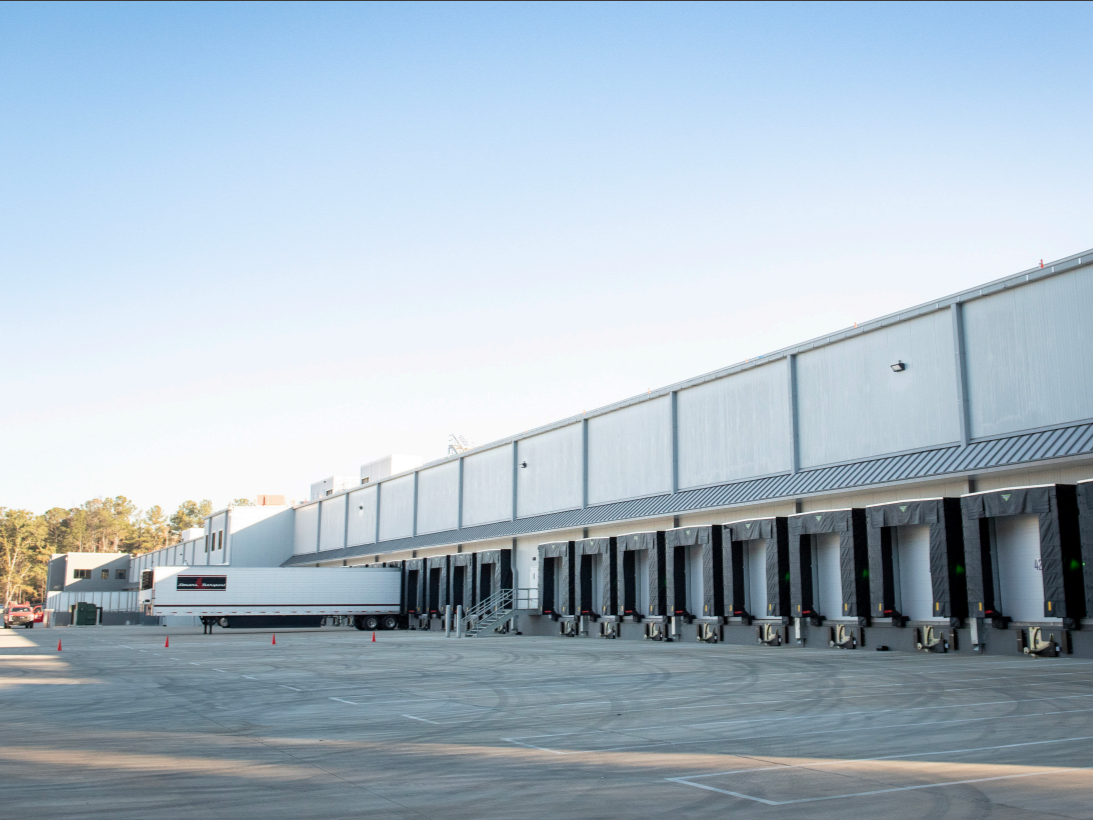
You must be logged in to post a comment.